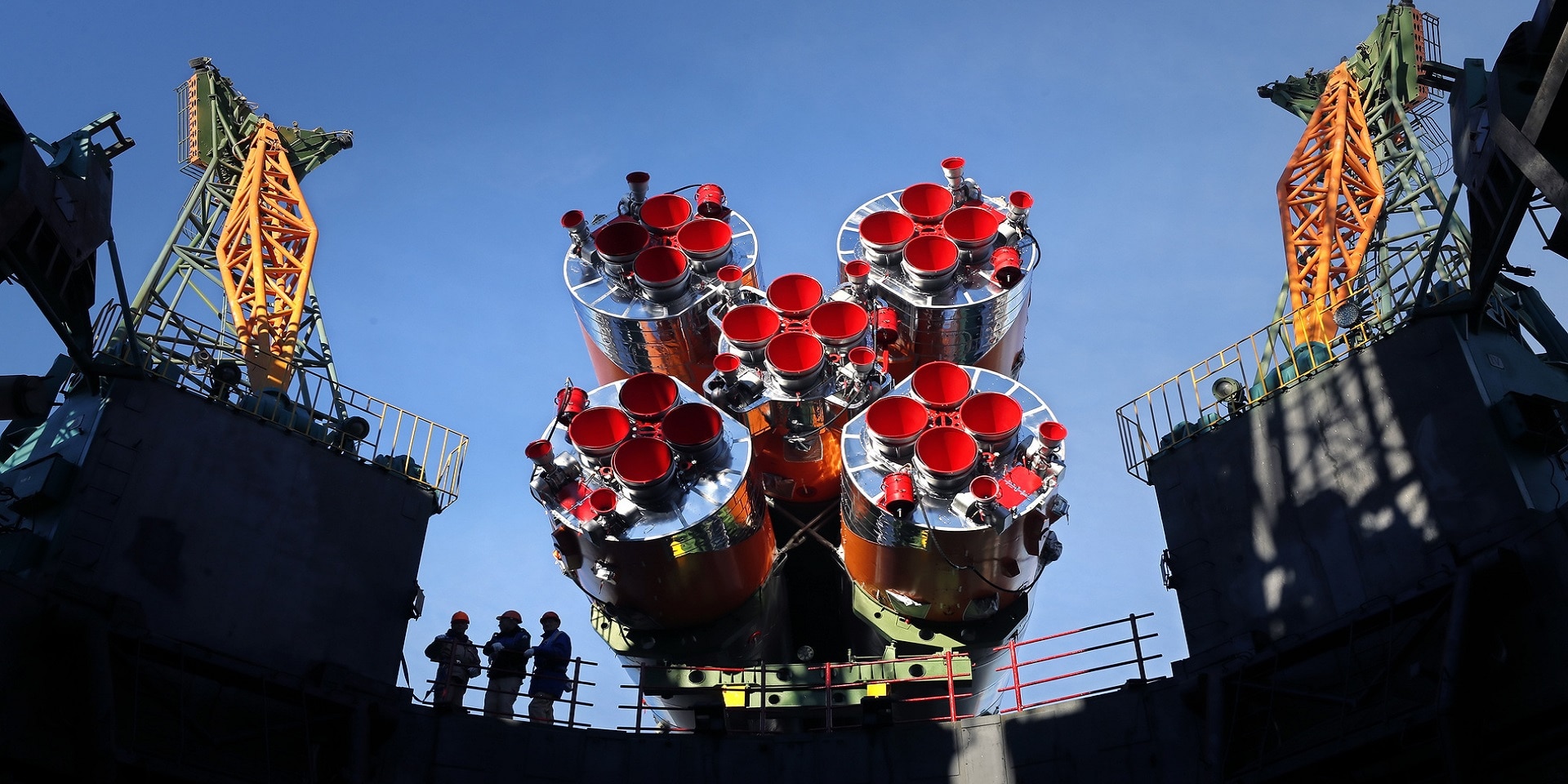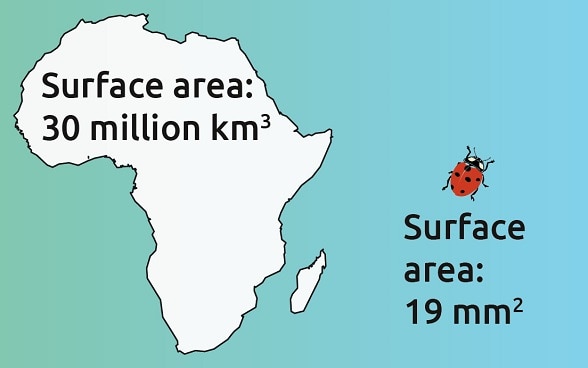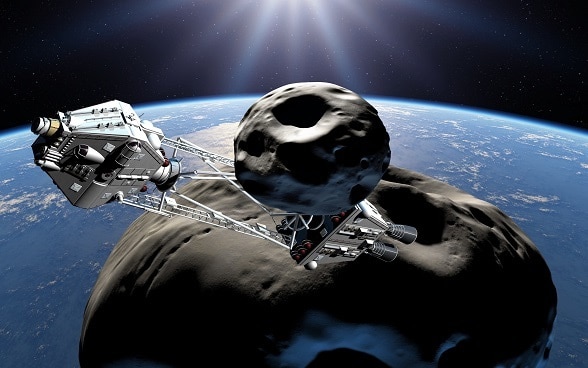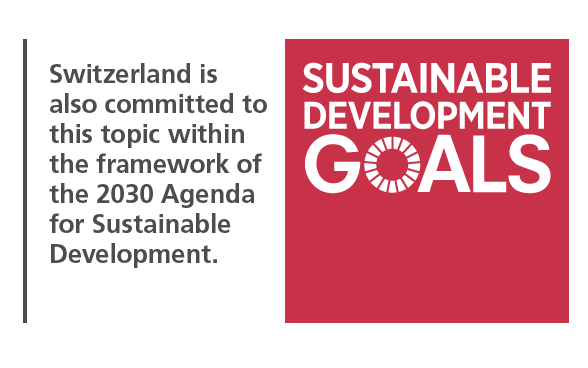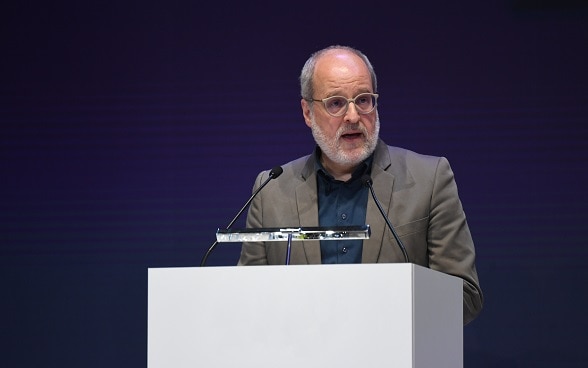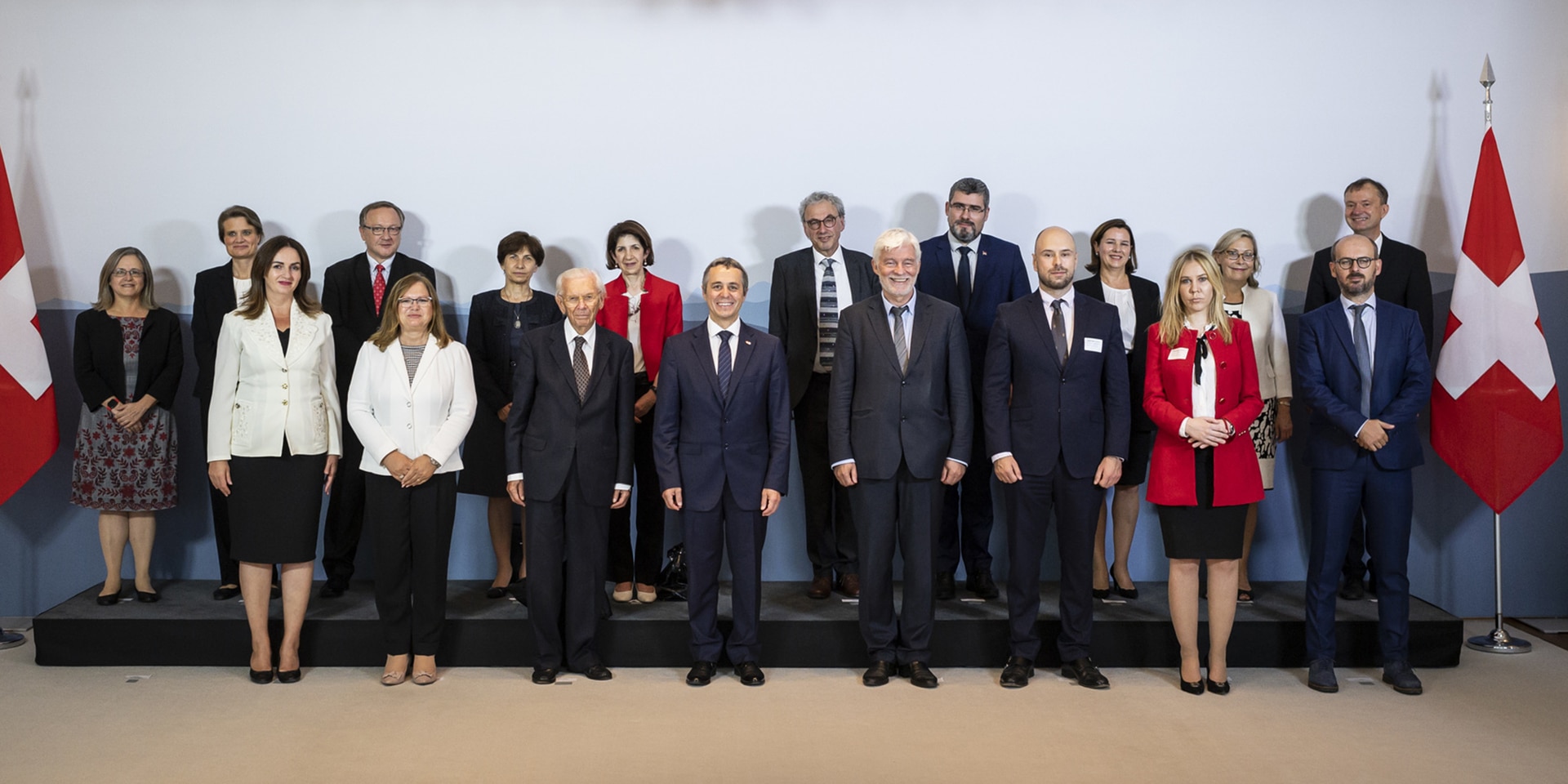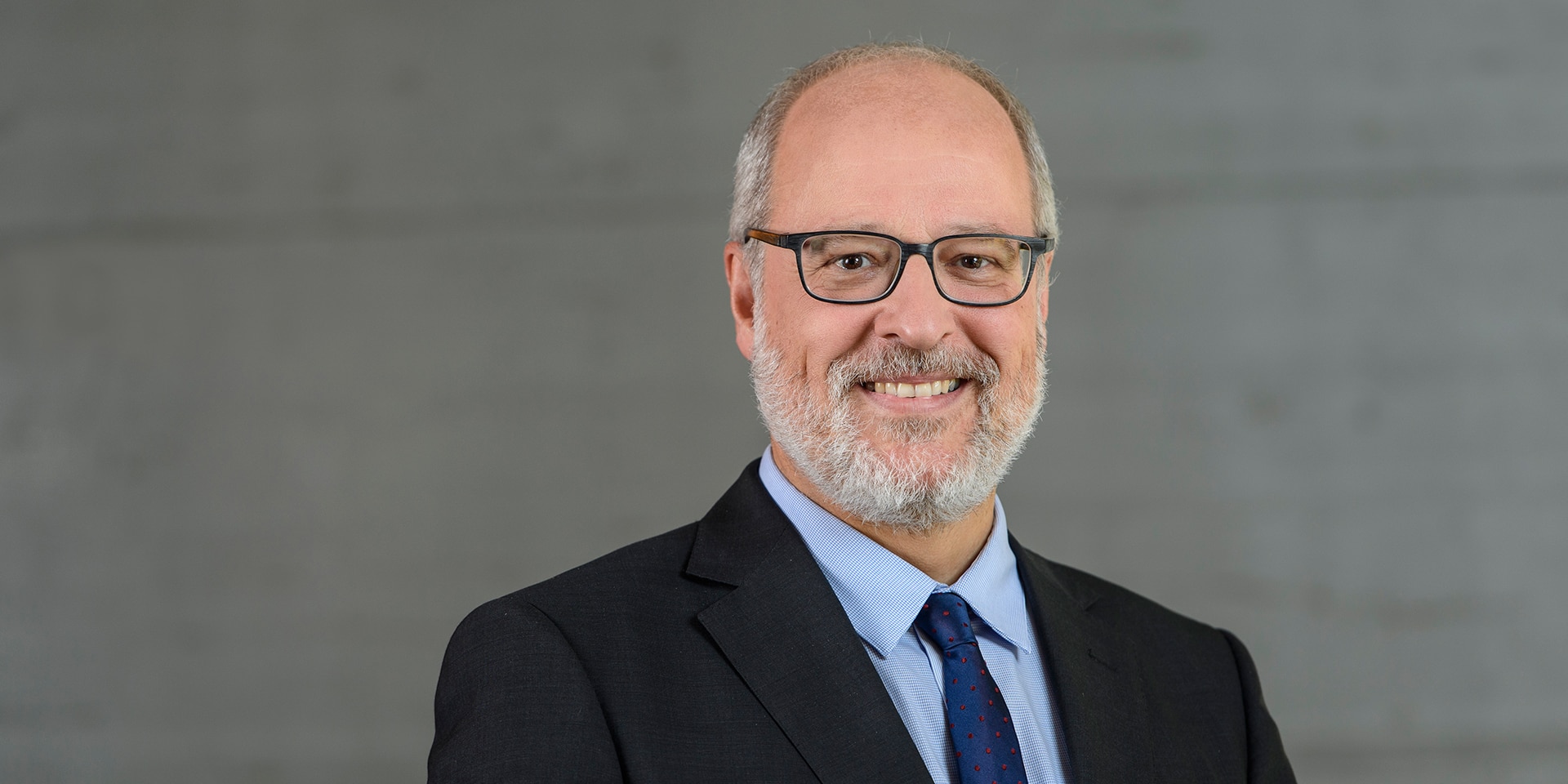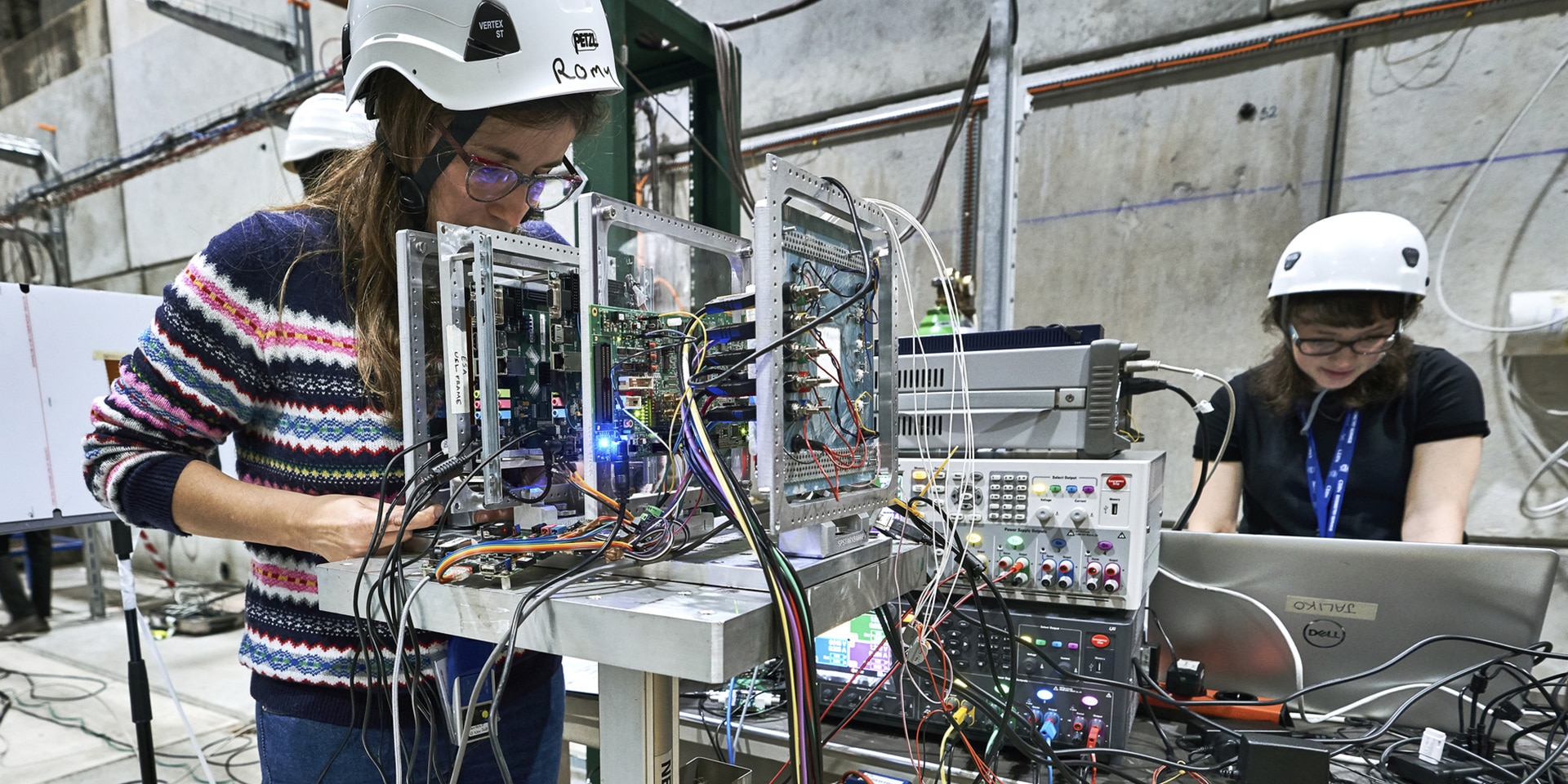Who ultimately benefits from GESDA's work? According to Fasel, it is "the international community, because of the strengthened position of International Geneva, which in turn benefits Switzerland itself", adding that "In Switzerland, we only feel we are doing well if everyone else is too! If we are able to make a contribution which leverages the excellence of our cutting-edge research and innovative economy, they too will ultimately benefit from our efforts."
Everyone reaps the rewards
It is not only International Geneva, Swiss universities, research institutions and companies that stand to reap the rewards of this collective capacity to anticipate and the actions arising from it. The global population, including the people of Switzerland, will also benefit from the work of GESDA. Scientists across the world are working around the clock to find solutions to problems like cancer (through mRNA-based therapies, for example), Alzheimer's disease, climate change and safeguarding prosperity. It is therefore only a matter of time before the next space breakthrough occurs and a space freighter docks on Davida.

